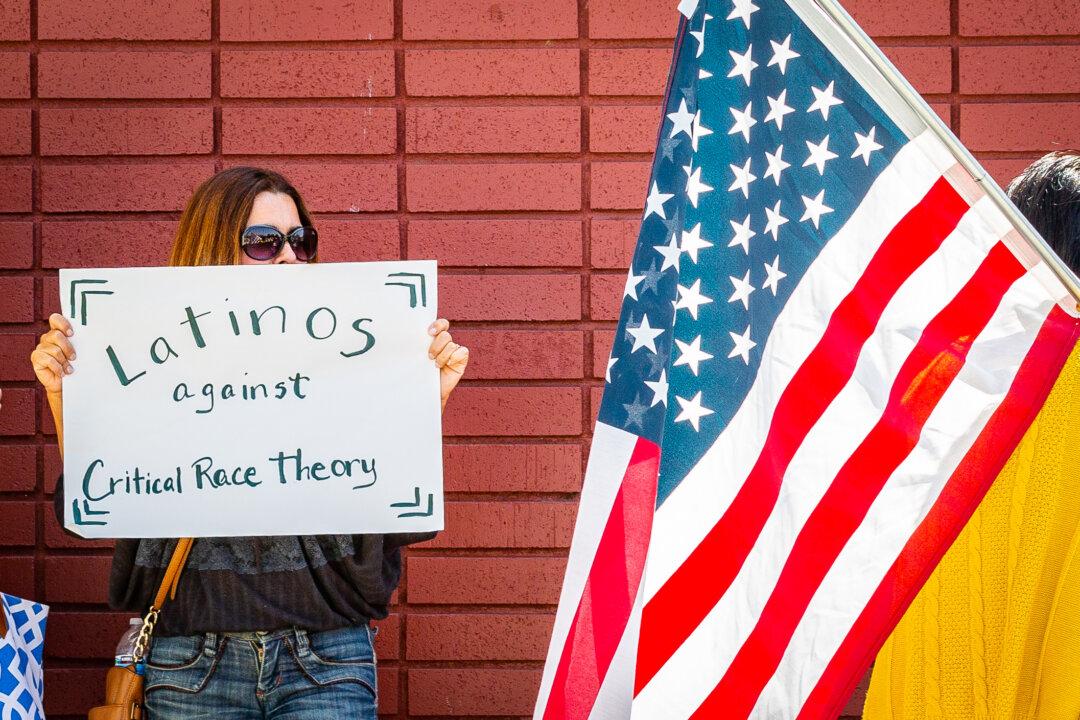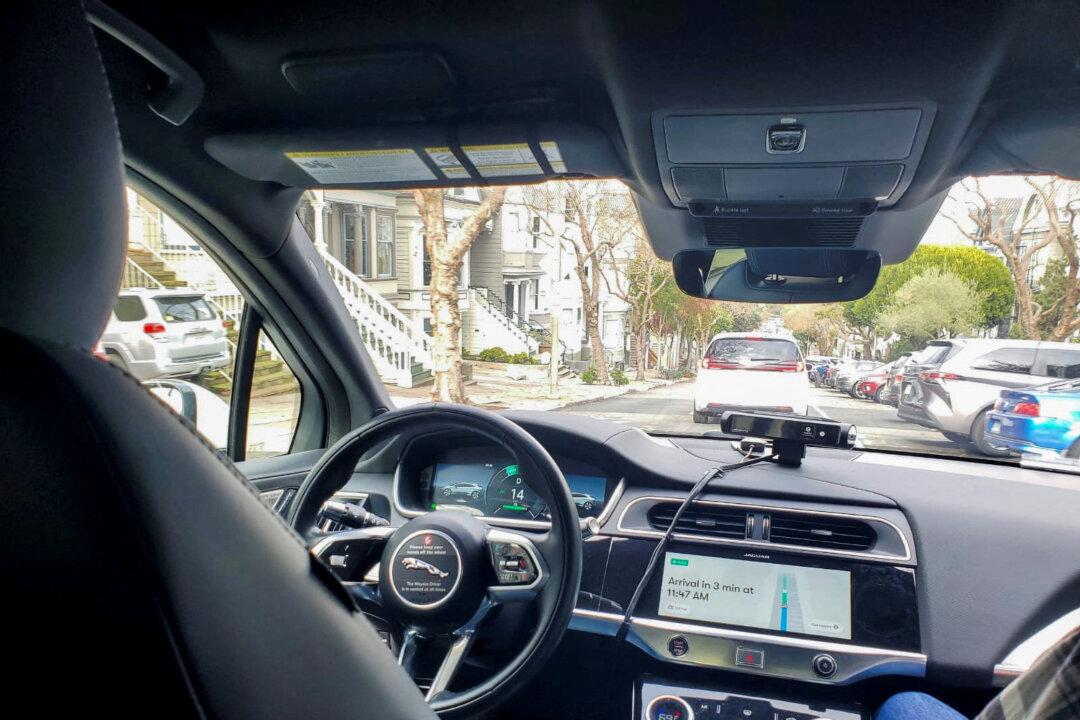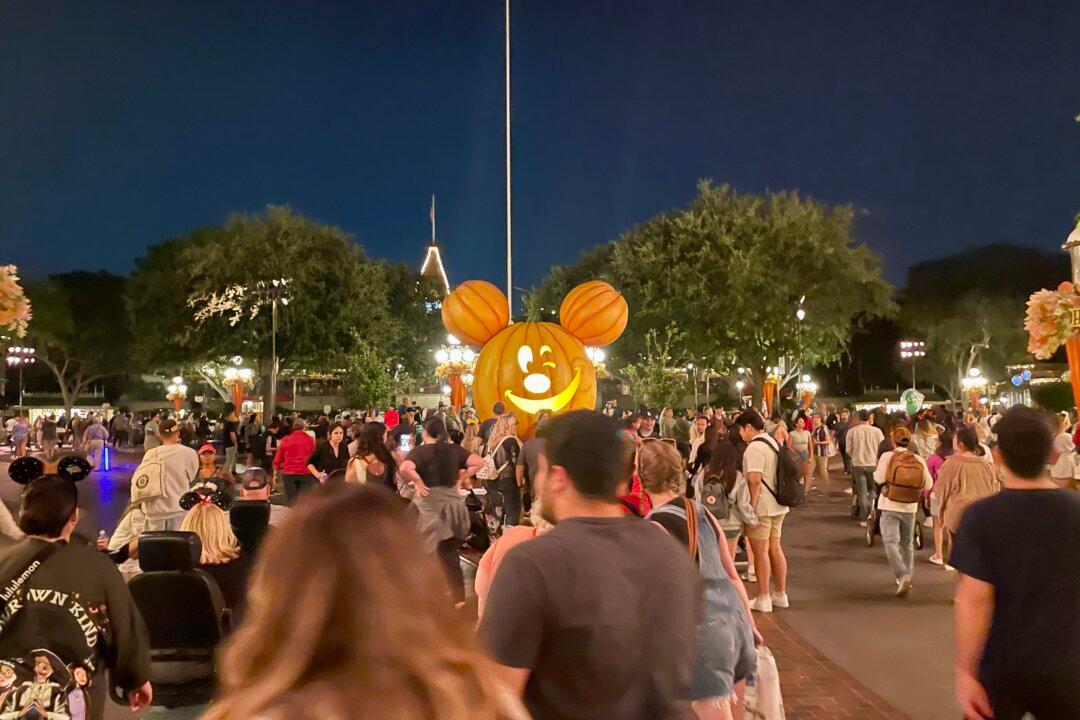Faculty at the University of California–Los Angeles (UCLA) School of Law have created a database to identify and record efforts to block critical race theory (CRT) being taught in schools across the country.
The database, called the CRT Forward Tracking Project, allows users to “track attacks on critical race theory” and filter the information as part of an effort to “support anti-racist education, training and research,” according to the school.




